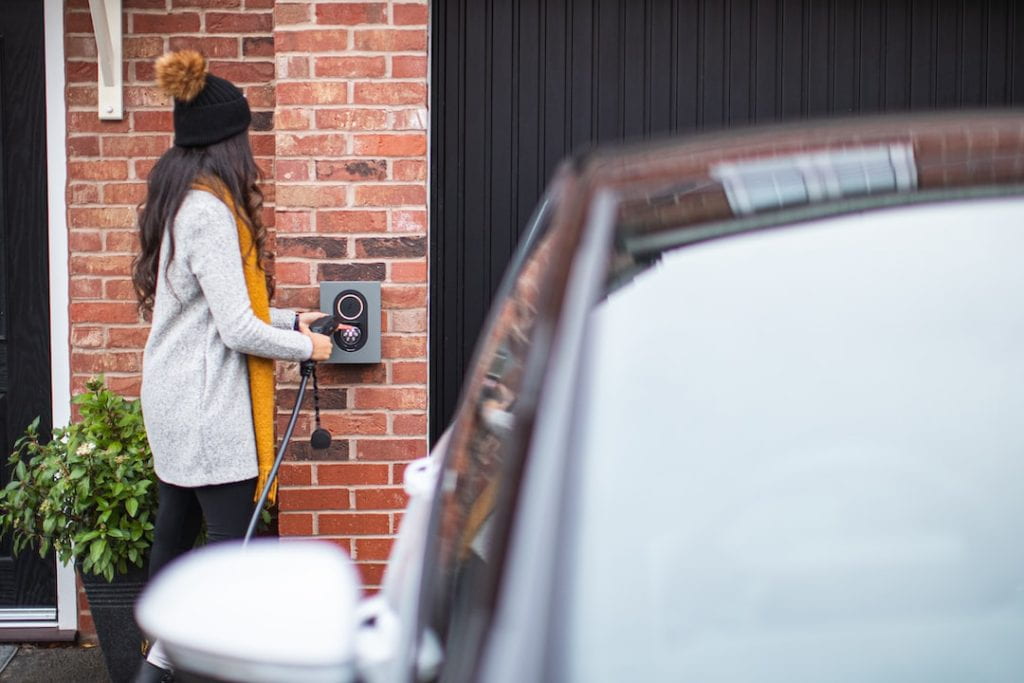
Electric vehicles (EVs) are becoming increasingly popular as a sustainable and eco-friendly mode of transportation. As more and more people switch to EVs, the demand for electric vehicle charger installation is on the rise. Installing a dedicated charging station at your home or workplace can make owning an electric vehicle more convenient. In this article, we will discuss everything you need to know about electric vehicle charger installation.
- Assess Your Charging Needs:
Before installing an EV charger, it’s important to assess your charging needs. Determine whether you need a level 1 charger or a level 2 charger. Level 1 chargers use a standard household outlet and provide charging rates of about 2 to 5 miles of range per hour. Level 2 chargers, on the other hand, require a dedicated 240-volt circuit and can provide charging rates of around 10 to 60 miles of range per hour. Assessing your charging needs will help you choose the right charger for your requirements.
- Choose the Right Location:
The location of your charger is crucial for convenient and safe charging. If you own a single-family home, consider installing the charger in your garage or driveway. For multi-unit dwellings or apartments, consult with your property manager or homeowner’s association to identify suitable locations for charging stations. The ev charger installation companies ensure that the location provides easy access and is well-ventilated.
- Hire a Professional Electrician:
When it comes to electrical work, it’s essential to hire a licensed and experienced electrician for the installation. An electrician will evaluate your electrical system and make any necessary upgrades to support the EV charger’s power requirements. The electric vehicle charging station installers will also ensure that the installation complies with local building codes and safety standards. Hiring a professional will not only guarantee a safe installation but also prevent any potential damage to your electrical system.
- Obtain Permits and Inspections:
Before the installation, it’s important to check with your local authorities to determine if any permits are required. Typically, electrical work of this nature requires permits to ensure compliance with building codes. Once the installation is complete, schedule an inspection to verify that the charger installation meets all the requirements and regulations. This step is crucial to avoid any safety hazards and potential legal issues.
In conclusion, electric vehicle charger installation is an important aspect of owning an EV. It is crucial to assess your charging needs, choose the right location, hire a professional electrician, and obtain the necessary permits and inspections. By following these guidelines, you can ensure a safe and efficient charging experience for your electric vehicle. Check out this post for more details related to this article:
https://en.wikipedia.org/wiki/Charging_station.
